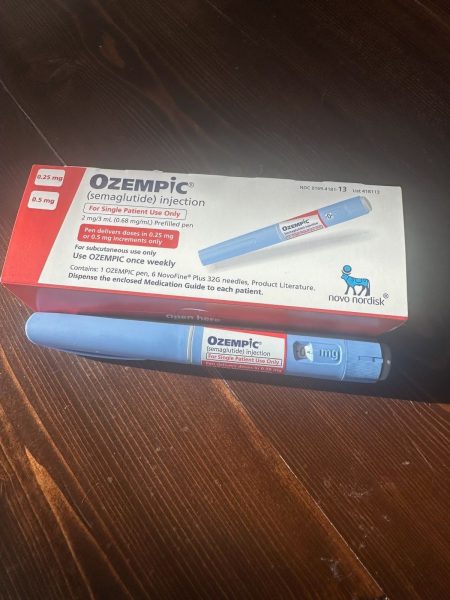Editorial: The Eagle Angle stands against unwarranted pleas of not guilty by reason of insanity
In recent years, increased representation and advocacy have raised a greater awareness of mental illness. The legitimacy of the struggles many people face as a result of depression, anxiety, obsessive compulsive disorder and a myriad of other psychological ailments is recognized more than ever. However, there has concurrently been a rise in the number of criminally accused who plead not guilty by reason of insanity. While this defense is sometimes valid, the claim is frequently misused in an attempt to deflect guilt and avoid harsh sentencing. The Eagle Angle contends that pervasive misuse of mental illness as a predominant cause of criminal behavior, particularly violent crime, characterizes the mentally ill as malicious and undermines the legitimacy of real disorders.
Examples of the insanity plea include the Aurora, Colo., theater shooter James Eagan Holmes, and several notoriously known serial killers such as Jeffrey Dahmer and John Wayne Gacy. A common response to cases of homicide, both current and past, is the offhand condemnation of the perpetrator as crazy. Decades of common correlation of violent acts and mental illness formed a heavily-relied-upon association between crime and the mentally ill, effectively presenting a negative representation of group that is already marginalized. The poor, yet popular view, blocks progression and hinders positive change. The common fallback on insanity characterizes mental illness as fraudulent and excusatory. When those who plead not guilty for reason of insanity are found competent to stand trial, mental illness is viewed at best as a flimsy attempt to evade justice, and at worst, an inventive fiction. Those whose illness truly impacts their lives and behaviors can be discredited and disbelieved.
Mental illness is at a precarious point. More and more people are receiving treatment, attention, and having their voices heard. However, problems in the criminal justice system concerning mental disorders are hampering progress. Common reliance on pleas of insanity need to be limited in order to preserve the integrity of claims by those truly affected.





